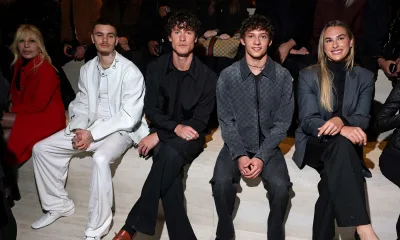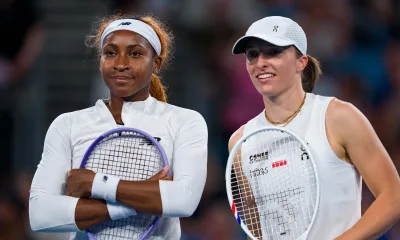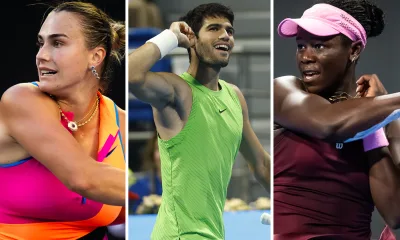Player News US Open WTA
Sabalenka shrugs off 2021 semi as she prepares to face Leylah Fernandez again
Sabalenka: “I don’t remember anything from that match” as she prepares for Fernandez rematch. Update
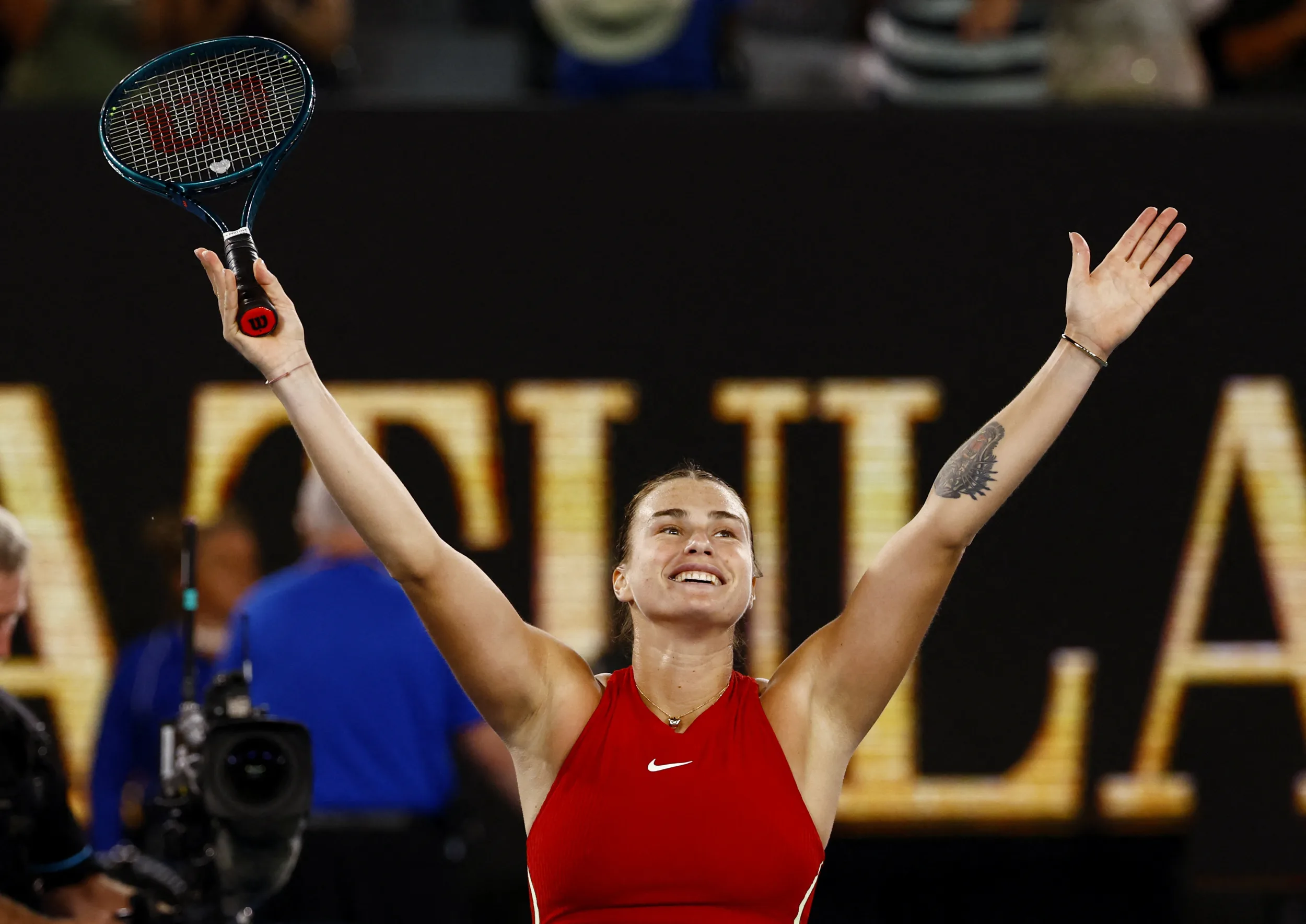
Aryna Sabalenka says she cannot recall many details of her dramatic 2021 US Open semi-final defeat to Leylah Fernandez as the pair prepare to meet again in round three.
The world No 1 has progressed in straight sets through her opening matches, beating Rebeka Masarova and Polina Kudermetova, but faces 31st seed Fernandez, who has dropped just one set in her two matches so far.
Fernandez beat Sabalenka 7-6(3), 4-6, 6-4 during her run to the 2021 final, a result that was particularly painful for Sabalenka at the time. Sabalenka was the second seed then and would have been heavily backed to beat Emma Raducanu in the final. She also lost a three-set semi-final to Iga Swiatek the following year.
Since those defeats Sabalenka has established herself among the game’s leading players, winning three Grand Slam titles, reaching a further three finals and spending 53 weeks as world No 1 to date.
The rematch is scheduled inside Louis Armstrong Stadium on Friday night, their first meeting since the 2021 semi-final. Speaking ahead of the match Sabalenka downplayed the past and emphasised how much she has changed:
“I don’t remember anything from that match, because I think I changed a lot,” said the world No 1.
“I had really tough challenges after that, and I went through. I found myself. I become a better player and a person.
“So I think it’s going to be a completely different match. I just don’t even try to remember that match.
“But, of course, I do remember a couple of things, and I love rematches. So I’m actually super excited facing her here again.”
A third-round loss for Sabalenka would be a surprise; she has not exited a Grand Slam before the quarter-final since the 2022 French Open. There is added pressure in New York, with Sabalenka needing to reach the last eight to retain the world No 1 ranking, and Iga Swiatek and Coco Gauff in contention to replace her should she fall.
Sabalenka is also still seeking her first Grand Slam title of 2025 after a run of close defeats this season. She lost the Australian Open final to Madison Keys, the French Open final to Coco Gauff and the Wimbledon semi-finals to Amanda Anisimova, all in three sets.
Australian Open BNP Paribas Open Player News
Sabalenka in Gucci: front row at Gucci’s Fall 2026 show ahead of BNP Paribas Open
Aryna Sabalenka sat front row at Gucci’s Fall 2026 show in Milan and called the event “breathtaking”.
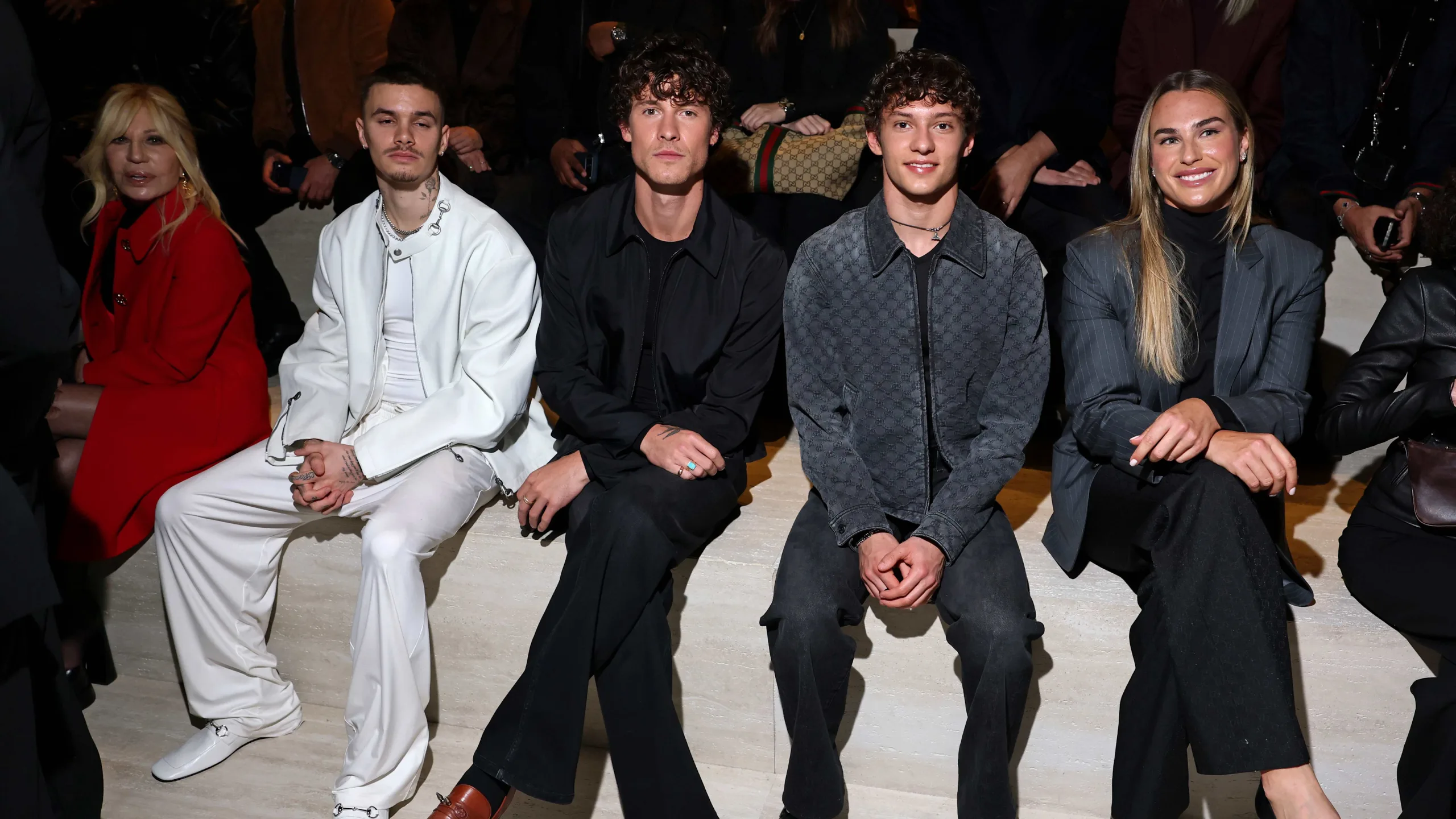
World No. 1 Aryna Sabalenka spent part of the week in Milan, attending Gucci’s “Primavera” Fall 2026 show as she prepares to return to competition at the BNP Paribas Open. The appearance followed her unveiling as a global ambassador for Gucci during the Australian Open in January.
Sabalenka sat front row at the show alongside fashion figures and entertainers including Donatella Versace, Romeo Beckham, Shawn Mendes and Andrea Kimi Antonelli. She wore head-to-toe Gucci, pairing a sleek black turtleneck with a striped blazer for the presentation of what Marie Claire reported was the debut of a new creative vision from the brand’s creative director Denma.
Recapping the day on social media, Sabalenka called the show “breathtaking” and said she was “grateful to have witnessed such a defining moment.” She continued to share looks across the week, writing in another post that she was “throwing ‘fits [outfits].” In that post she modeled a fur coat that drew a reaction from her partner, Georgios Frangulis. “Oh wow,” he wrote in the comments, as retired WTA pro Elena Vesnina dubbed her a “queen.”
Sabalenka has spoken openly about the significance of the partnership she revealed in Melbourne. She said the collaboration “means the world.” “They’re bold. They’re elegant. They’re super cool,” she gushed in Melbourne. “I feel like it’s a perfect fit, the collaboration. I don’t know. I’m the happiest person on earth right now. I couldn’t dream a few months ago that I’ll join the best brand. Right now I’m just super happy.”
The Milan appearance offered a brief cultural interlude before Sabalenka returns to the tour schedule at the BNP Paribas Open. © 2026 Daniele Venturelli
BNP Paribas Open Masters Player News
Vera Zvonareva embraces comeback at 41, balancing singles and doubles one day at a time
Vera Zvonareva, 41, returned after shoulder surgeries, mixing singles and doubles success. Returning
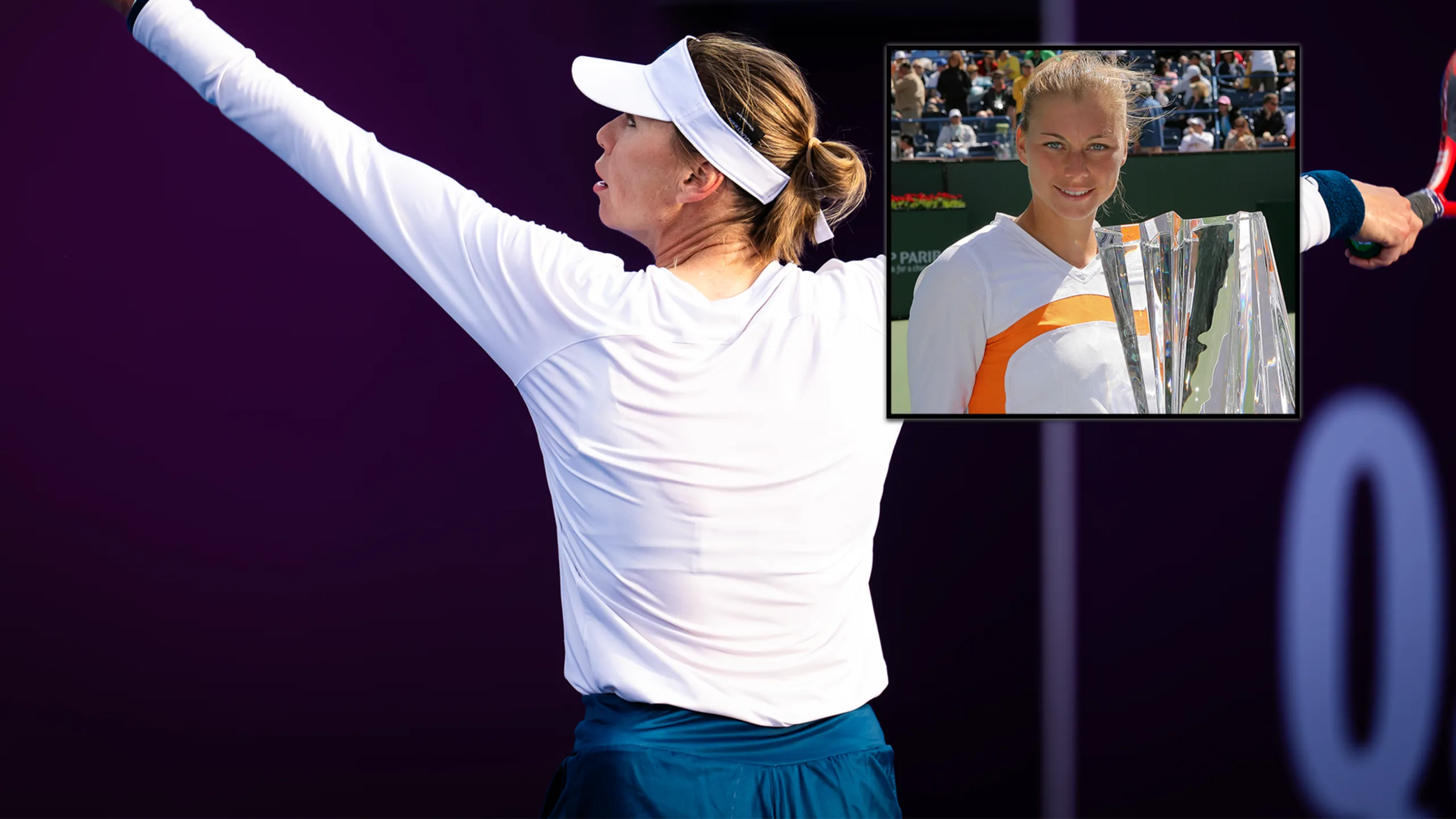
Seventeen years after her landmark BNP Paribas Open victory, Vera Zvonareva has returned to the tour following an 18-month absence and two shoulder surgeries. The former world No. 2, now 41, has shown competitive form across singles and doubles during a strong Middle East swing, including a Doha win over Peyton Stearns and an Australian Open doubles semifinal late last season.
Zvonareva’s 2009 BNP Paribas Open title — won in brutal windy conditions against Ana Ivanovic — remains a career highlight. She reached back-to-back Grand Slam finals at Wimbledon and the US Open in 2010 and later added two major doubles titles with a maternity break between those achievements.
Recalling her recent singles victory, she said, “Look, I didn’t start the match well, but I felt like she was playing a different game from my previous opponents. But I tried my best and knew I could fight through this match, that I could challenge her more. In the end, it worked out my way. I’ve been playing many years on tour and I know that, as long as I’m trying my best on the court, I can always give myself a chance.” That win marked her first main-draw WTA singles victory since October 2023 at the Qatar TotalEnergies Open.
On balancing disciplines and motivation, she was clear: “You know, I played so many matches in my career, so I don’t really think about it in that way, or in any of those ways. I’ve been putting a lot of efforts into doubles in the past few years, so especially with the success of my doubles before I took a break, I’d put singles on the side.
Now I’ve come back and I still want to play doubles because I enjoy it, but whenever I get a chance, I want to play singles, as well. I’m enjoying the moment of playing at a big tournament. That’s always nice.”
She described a cautious return after surgery: “I had a second shoulder surgery and to be honest, I wasn’t in a rush to come back. I took my time, I enjoyed spending time with family. As soon as I felt like I physically felt ok, I decided to try and see how it goes.” Zvonareva also noted the practical challenges of travel with a nine-year-old daughter and the preference to manage family life while competing. On doubles plans she added, “At the moment, nothing is set. We’ll see how it goes. I’m taking everything one day at a time.”
Davis Cup Finals Player News
Nadal returns to the slopes after 26 years for a family ski day at Baqueira Beret
Rafael Nadal returned to skiing after 26 years, sharing slopes and snow fun with his family on skis.
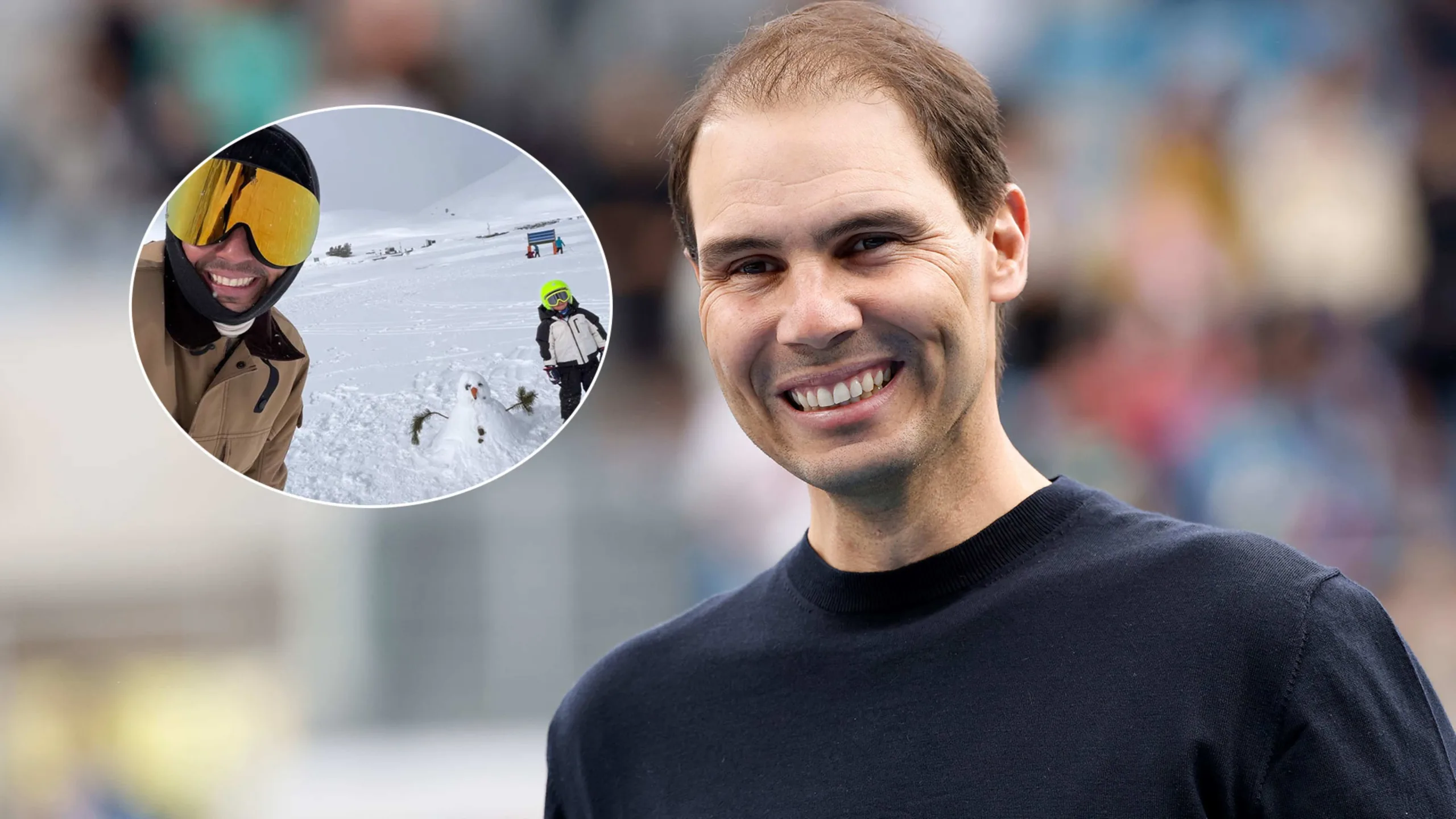
Rafael Nadal spent time on skis this week for the first time in 26 years, sharing a winter outing with his wife Maria Francisca Perello and their 3-year-old son, Rafa Jr., at Baqueira Beret in the Catalan Pyrenees. The player behind the tennis academy that bears his name in Mallorca said the experience felt special after decades focused on managing an injury-prone body in his career. Nadal called it an “incredible feeling” to ski for the first time since his early teens.
During the trip he took a lesson guiding his eldest son and paused to build a snowman. An adorable video posted by Nadal showed little Rafa Jr. appearing at ease on the slopes, though Nadal indicated he would prefer professional guidance and invited suggestions on social media. “We’re still learning … any advice for us?” he asked, tagging American Olympic champion Lindsey Vonn.
Vonn replied, “We have to ski together when I’m healthy!” Vonn, 41, suffered a complex fracture of her tibia after a crash at the recently-concluded Milan-Cortina Winter Olympics and required three surgeries to correct the injury.
Nadal, 39, played the final match of his tennis career at the 2024 Davis Cup Finals after seasons affected by foot and hip injuries, the hip issue requiring surgery. He also underwent surgery in January for severe osteoarthritis in his right hand. Since stepping away from professional competition he has remained active, including time on the golf course with longtime rival Roger Federer and a practice session with academy alumna Alexandra Eala.
Although the academy carries his name, Nadal has been noncommittal about coaching future champions on the court. For now, his winter trip made clear that other sports, and sharing those moments with his family, have an important place in his life after competitive tennis.
-
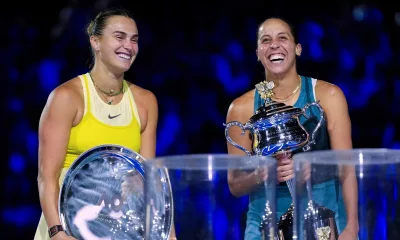
 ATPAustralian OpenGrand Slam2 months ago
ATPAustralian OpenGrand Slam2 months agoAustralian Open announces record A$111.5 million prize pool for 2026
-
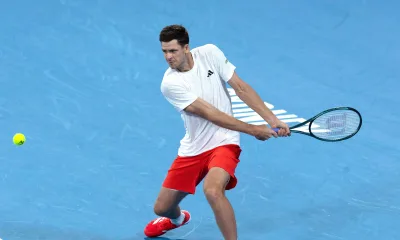
 ATPUnited CupWTA2 months ago
ATPUnited CupWTA2 months agoHurkacz edges Zverev in straight sets in United Cup return
-
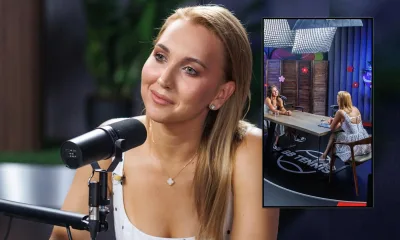
 ATPPlayer NewsWTA2 months ago
ATPPlayer NewsWTA2 months agoVesnina rejects claim that podcast aired unapproved Kudermetova anecdote about Rune


